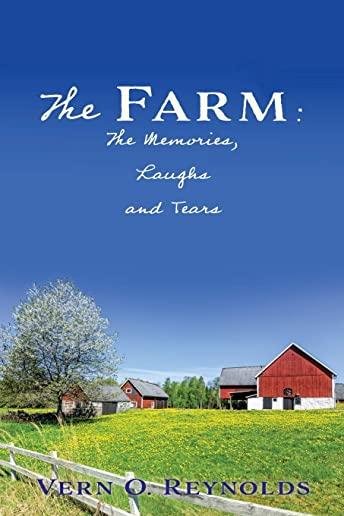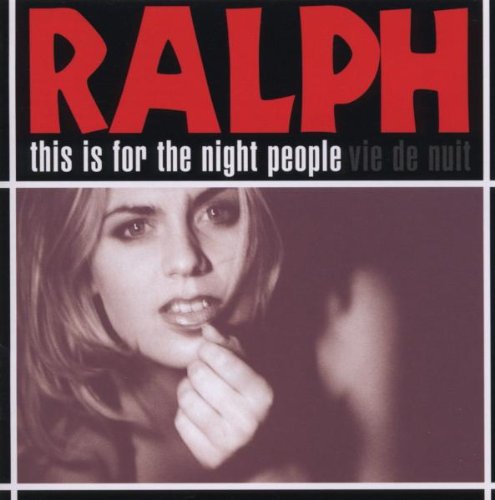
A clear-eyed and compassionate memoir of the Appalachian experience by a woman who embraced its astonishing beauty, narrowly escaped its violence, and struggles to call it home.
Bobi Conn was raised in a remote Kentucky holler in 1980s Appalachia. She remembers her tin-roofed house tucked away in a vast forest paradise; the sparkling creeks, with their frogs and crawdads; the sweet blackberries growing along the road to her granny's; and her abusive father, an underemployed alcoholic whose untethered rage and violence against Bobi and her mother were frighteningly typical of a community marginalized, desperate, and ignored. Bobi's rule of survival: always be vigilant but endure it silently.
Slipping away from home, Bobi went to college and got a white-collar job. Mistrusted by her family for her progress and condescended to by peers for her accent and her history, she was followed by the markers of her class. Though she carried her childhood self everywhere, Bobi also finally found her voice.
An elegiac account of survival despite being born poor, female, and cloistered, Bobi's testament is one of hope for all vulnerable populations, particularly women and girls caught in the cycle of poverty and abuse. On a continual path to worth, autonomy, and reinvention, Conn proves here that "the storyteller is the one with power."
member goods
listens & views

14 EXITOS PA PUROS JINETES ...
by 14 EXITOS PA PUROS JINETES / VARIOUS
COMPACT DISCout of stock
$13.99






